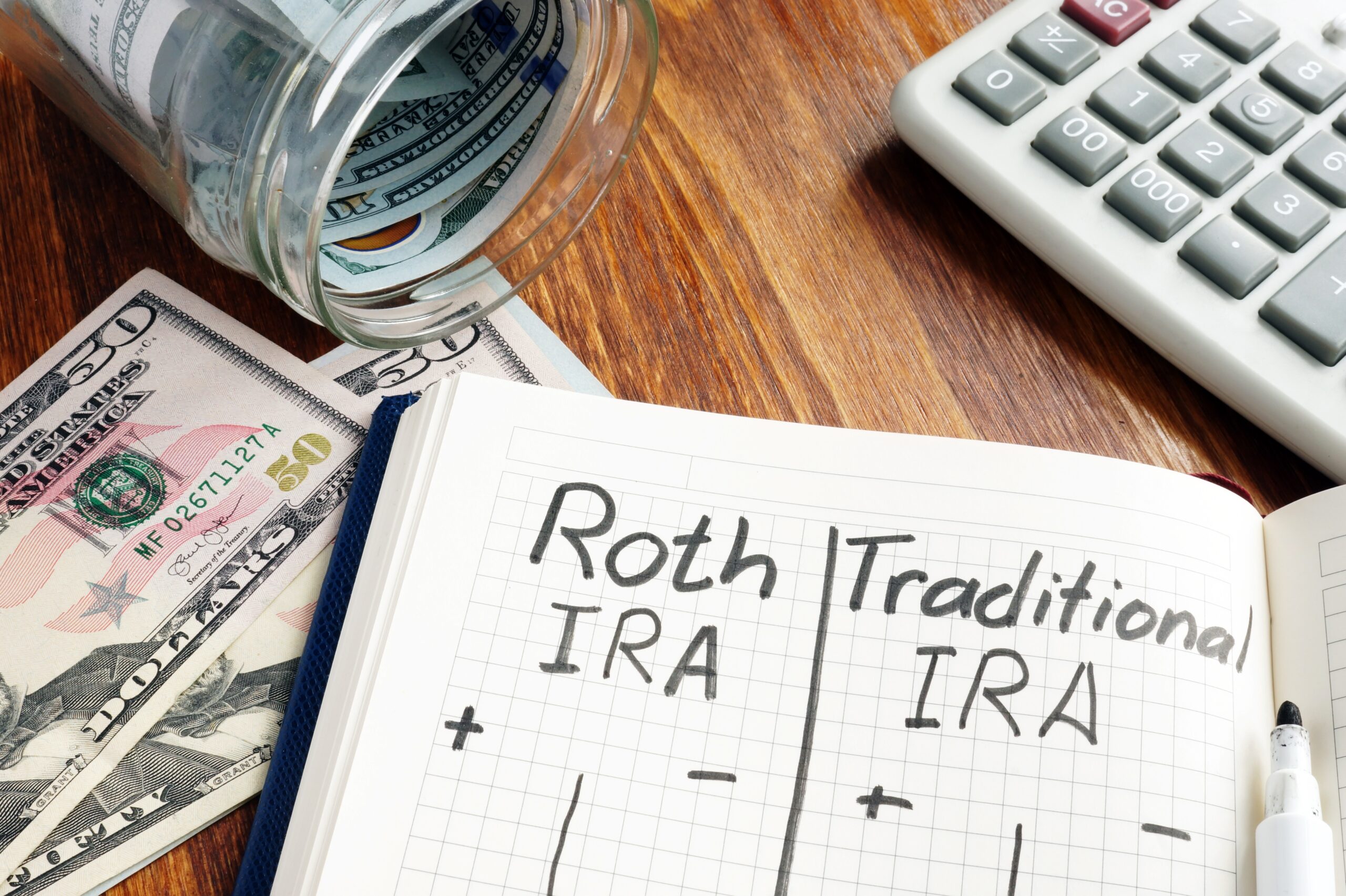Your golden years are supposed to be your most relaxing. Therefore, you want to make sure your exit from the workforce doesn’t eventually lead to running out of money.
Whether you’re currently employed and planning for the future or already retired, it’s always wise to think ahead. This can help you avoid having to return to work after being retired for years.
Ready to see where you stand? Here’s a look at 10 signs you won’t run out of money in retirement.
You’re Not Splurging on Pricey Items
“Sometimes people buy a fancy car or go on fancy vacations,” said Noah Damsky, CFA, principal at Marina Wealth Advisors in Los Angeles. “Sometimes they binge on nice things that they didn’t use to do.”
Therefore, if you’re not racking up more one-time luxury expenses than ever in retirement, this is a good sign, he said.
You’re Not Supporting Others
If you’re currently supporting adult children, this can put your finances on the fast track to disaster, Damsky said.
“Encourage their independence as quickly as possible,” he said. “It’s usually best for everyone when they can start to live within their means.”
You’re Able To Live on 4% of Your Retirement Savings Per Year — or Less
If you’re already retired and able to live on 4% of your retirement savings per year or less — plus Social Security or any outside income you have — you’re likely in good financial shape, said Carla Adams, CFP, founder and financial advisor at Ametrine Wealth, based in Lake Orion, Mich.
“This is commonly known as the 4% Rule that states that you will not outlive your assets over a 30-year period if you withdraw no more than 4% of your investment portfolio — starting at age 65 — and adjust each year based on inflation,” she said. “The presumption is based on having a portfolio made up of 60% stocks and 40% bonds.”
You’ve Adjusted Your Past Spending When Needed
“I hear from a lot of clients that they can easily cut back in the future and live on less if they need to, but that is much easier said than done,” Adams said. “Once you’ve become accustomed to a certain lifestyle, it is very difficult to cut out the luxuries or to have to downsize your beloved home.”
Therefore, she said, it’s a very good thing if you already have proven you can do this.
“If you have actually experienced unemployment, pay cuts or other life circumstances that have pushed you to trim your spending and you’ve actually done so, then that is huge,” she said. “During retirement, being able to reduce your spending in down markets can go a long way in helping you sustain your portfolio for the long term.”
You Work With a Financial Advisor
If you regularly meet with a financial advisor who does financial planning, not just investment management, Adams said this bodes well for your future.
“Working with an advisor who is able to give you a clear picture of the track you are on and demonstrates trade-offs available to you goes a long way to not only make sure you are living within your means, but also gives you peace of mind that you are going to be OK,” she said.
For example, she said, if you want to go on a long-awaited trip around the world, you’ll be able to get a lot more joy from it if your financial advisor gives the green light that it won’t jeopardize your retirement.
You Have Diverse Income Streams
Relying on one source on income in retirement isn’t a good idea, according to Jenna Biancavilla, principal at Pearl Capital Management, based in Phoenix.
“Having multiple sources of income — such as Social Security, rental property income, retirement savings, pension and after-tax investments — ensures that you’re not solely reliant on one source of income and can weather various market conditions,” she said.
You Know Your Withdrawal Rate
Do you know the percentage of your retirement funds you’re using each year? If so, Biancavilla said, this is a good sign.
“Knowing your withdrawal rate and adhering to it helps preserve your funds to last throughout retirement,” she said. “The typical withdrawal rate for a person retiring at age 65 is 4% for a diversified portfolio.”
Your Large Expenses Are Expected or You Know How To Recalculate
Major expenses will likely come your way during retirement, but they might be harder to pay on a fixed income.
“If you need to withdraw a substantial sum of money from your accounts for a one-time expense, you are prepared,” Biancavilla said. “Alternatively, you know how to recalculate your new withdrawal rate and adjust to live off a lower monthly amount.”
You Have a Long-Term Tax Plan
“RMDs — required minimum distributions — can impact a retirement plan, if not accounted for and planned around,” Biancavilla said. “A robust retirement plan intentionally addresses this tax burden at least a decade before — in your early 60s.”
If you have this covered, consider yourself in good shape.
You Have a Diversified Portfolio
“You will not spend 100% of your money in the year you retire,” Biancavilla said. “Money not intended for spending within the next 10-plus years should be invested accordingly.”
She said creating the right investment allocation is essential.
“A well-diversified investment portfolio spreads risk and separates short-term funds from long-term funds,” she said. “This can help generate steady returns, reducing the likelihood of significant losses that could impact your current spending.”
If you can check most — or all — of these signs as complete, you’re likely in a position to not run out of money in retirement. On the other hand, if you’ve suddenly realized you’re not as financially prepared as you think, consider this a wake-up call to change your approach.
By: Jennifer Taylor
As seen in GOBankingRates on October 22, 2023, 10:00 am EDT






